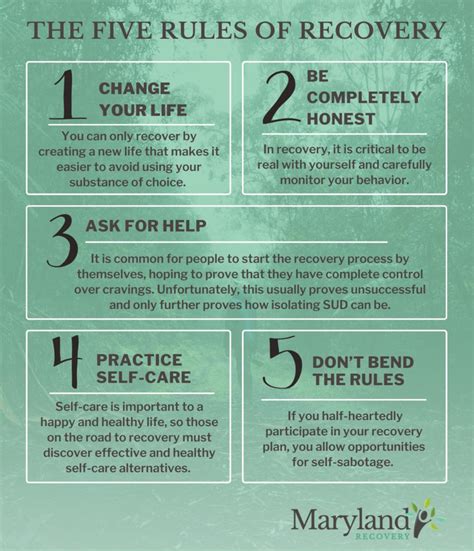How to optimize post-workout recovery for faster gains & next-day peak performance?

The Critical Role of Post-Workout Recovery
You push your body to its limits during a workout, tearing down muscle fibers and depleting energy stores. While the effort during exercise is vital, the magic truly happens afterward. Optimizing your post-workout recovery isn’t just about feeling less sore; it’s the cornerstone of achieving faster muscle gains, enhancing strength, and ensuring you’re primed for peak performance in your next session. Neglecting recovery is akin to driving a high-performance car without ever refueling or servicing it – eventually, it breaks down or underperforms.

Pillar 1: Strategic Nutrition & Hydration
Replenish and Repair with Macronutrients
The first and most immediate aspect of recovery is what you put into your body. While the idea of a strict 30-60 minute “anabolic window” post-exercise has been broadened, it’s still beneficial to consume a combination of protein and carbohydrates relatively soon after your workout.
- Protein: Essential for muscle protein synthesis (MPS) and repair. Aim for 20-40g of high-quality protein (e.g., whey, casein, lean meats, plant-based proteins) to kickstart the rebuilding process.
- Carbohydrates: Replenish depleted glycogen stores, which are crucial for energy for your next workout. Opt for complex carbs like sweet potatoes, rice, oats, or fruit. The ideal ratio of carbs to protein often recommended is 3:1 or 4:1 for endurance athletes, and closer to 1:1 or 2:1 for strength athletes.
Hydration is Non-Negotiable
Sweat loss during exercise leads to dehydration and electrolyte imbalance. Rehydrate consistently throughout the day, not just immediately after your workout. Water is paramount, but for intense or long sessions, consider electrolyte-rich beverages to restore sodium, potassium, and other crucial minerals lost through sweat.

Pillar 2: The Power of Sleep
Sleep is arguably the most underrated recovery tool. During deep sleep (non-REM stage 3 and 4), your body releases Human Growth Hormone (HGH), which is vital for muscle repair and growth. Furthermore, adequate sleep helps regulate cortisol (a stress hormone) and testosterone levels, both of which profoundly impact recovery and performance. Aim for 7-9 hours of quality sleep per night. Establish a consistent sleep schedule, create a dark and cool sleep environment, and avoid screens before bed to optimize sleep quality.

Pillar 3: Active Recovery & Mobility
While complete rest days are important, total immobility can sometimes hinder recovery by reducing blood flow. Light, active recovery can promote circulation, bringing nutrients to tired muscles and flushing out metabolic waste products.
- Low-Intensity Activities: A gentle walk, light cycling, or swimming can be beneficial on rest days or as part of a cooldown, promoting blood flow without adding stress.
- Stretching & Foam Rolling: Improve flexibility, reduce muscle stiffness, and break up fascial adhesions. Incorporate dynamic stretches before workouts and static stretches or foam rolling post-workout and on rest days to enhance range of motion and reduce soreness.

Pillar 4: Stress Management & Strategic Supplementation
Mind-Body Connection
Chronic stress elevates cortisol levels, which can inhibit muscle growth, impair recovery, and even increase fat storage. Incorporate stress-reduction techniques into your daily routine, such as meditation, deep breathing exercises, yoga, or spending time in nature. A calm mind contributes significantly to physical recovery and overall well-being.
Strategic Supplementation (Optional)
While whole foods should always be your priority, certain supplements can complement your recovery efforts, especially for athletes with higher demands:
- Creatine: Enhances ATP regeneration, aiding in strength and power recovery between sets and sessions.
- BCAAs (Branched-Chain Amino Acids): May help reduce muscle soreness and promote protein synthesis, particularly during fasted training or periods of caloric restriction.
- Glutamine: Supports immune function and gut health, which can be stressed by intense training.
- Omega-3 Fatty Acids: Possess anti-inflammatory properties, potentially aiding in joint and muscle recovery.

Crafting Your Personalized Recovery Protocol
Effective recovery isn’t a one-size-fits-all solution; it requires consistency, personalization, and listening to your body. Implement these strategies consistently:
- Immediately Post-Workout: Rehydrate with water/electrolytes. Consume a protein and carb-rich snack/meal within 60-90 minutes.
- Evening Routine: Prioritize 7-9 hours of quality sleep. Consider light stretching or foam rolling to wind down.
- Throughout the Week: Incorporate active recovery days. Actively manage stress through mindfulness or hobbies. Ensure consistent nutrient intake and hydration every day.
By making recovery a non-negotiable part of your fitness journey, you’re not just preventing injury; you’re actively building a stronger, more resilient body capable of achieving faster gains and consistently performing at its peak. Embrace recovery as a vital component of your training, and unlock your true athletic potential.







